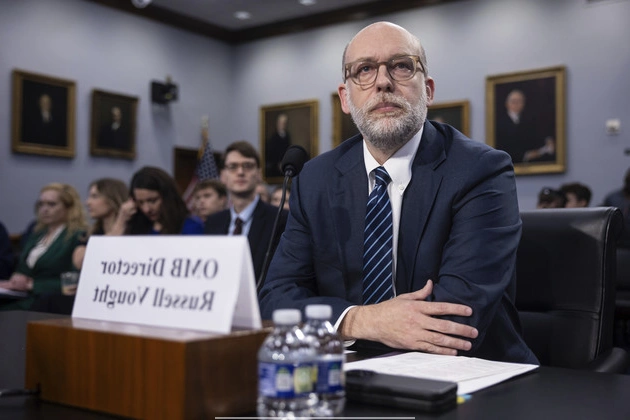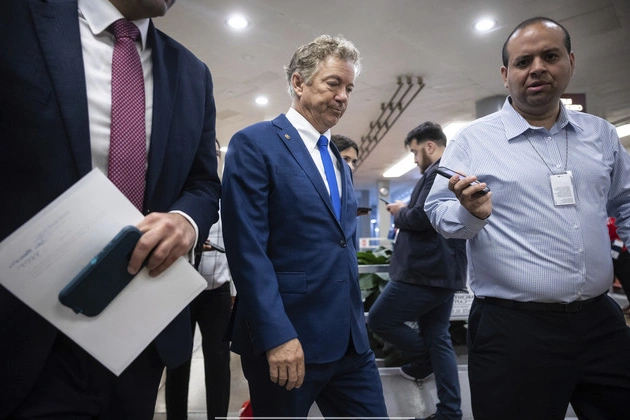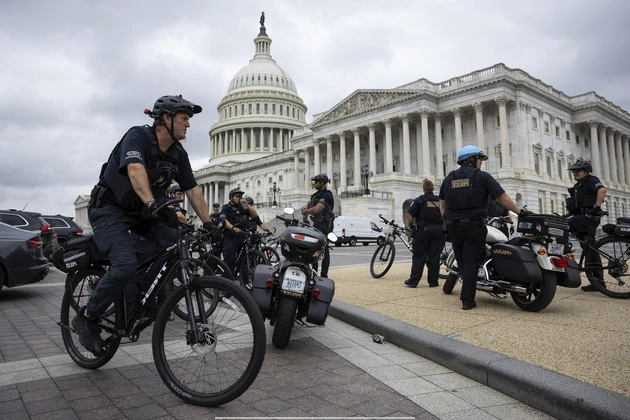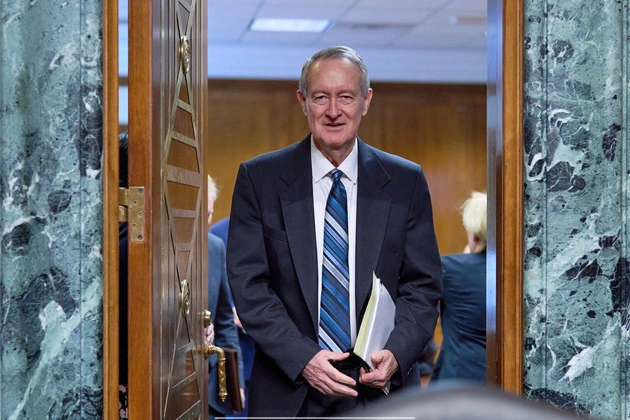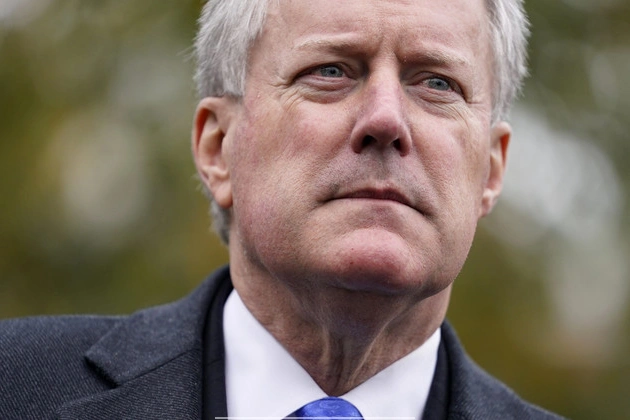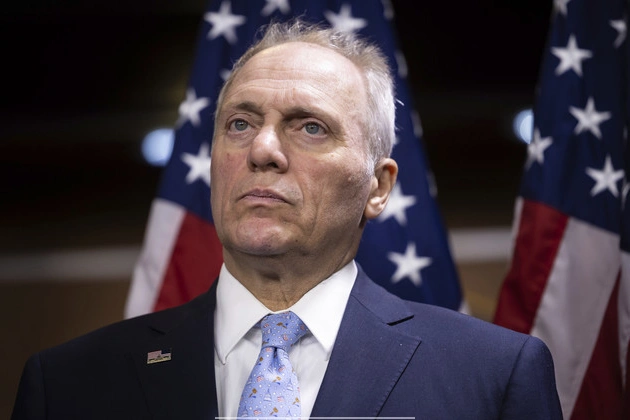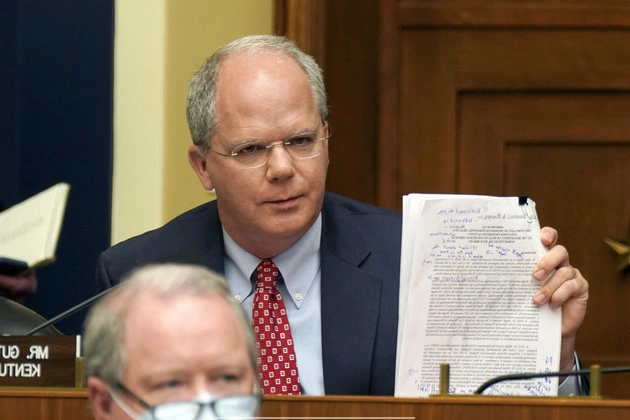
House Republicans are exploring various revenue sources to offset potential Medicaid cuts, including tariff revenue, clean energy clawbacks, and savings from the Department of Government Efficiency under President Donald Trump. As discussions intensify, GOP leaders are seeking alternatives to alleviate concerns among vulnerable lawmakers before an upcoming vote.
Exploring Plan B Options
Speaker Mike Johnson and other leaders are considering whether tariff revenue and Department of Government Efficiency savings can cover the additional $500 billion in spending cuts negotiated by the House Freedom Caucus. While these alternatives show promise, they also face challenges in terms of legitimacy and potential savings.
Controversial Alternatives
Trump’s tariffs, implemented through presidential authority, raise questions among Hill Republicans regarding their classification as a legitimate spending offset. Additionally, the viability of Department of Government Efficiency cuts, currently facing legal challenges, remains uncertain in achieving the intended level of savings.
Energy Policy Adjustments
Aside from revenue sources, Republicans are exploring energy policy adjustments to create fiscal headroom within the House Energy and Commerce Committee’s jurisdiction. Expected savings of at least $880 billion over the next decade, primarily from Medicaid, are anticipated through new work requirements, loophole closures, and potential federal cost reductions.
Assurances and Concerns
Assurances from GOP leaders emphasize a focus on addressing waste, fraud, and abuse within the program without cutting benefits. However, concerns persist among lawmakers regarding the feasibility of reaching the $880 billion savings threshold without significant program benefit reductions.
Representative Nicole Malliotakis highlights the importance of alternatives that safeguard benefits for compliant citizens and stresses the need for a comprehensive presentation on proposed solutions. The balancing act between cost-cutting measures and safeguarding Americans’ interests remains a key concern.
Vote Considerations
Despite plans for a vote, uncertainties loom as GOP leaders aim to secure support from hesitant members. Internal discussions include non-Medicaid offsets, such as repealing climate initiatives and evaluating broadband access expansion programs.
Future Budget Implications
While Medicaid cuts are not specified in the upcoming budget resolution, apprehensions persist regarding potential impacts on the program given the scale of expected savings. Concerns extend to cuts in other areas, including food aid benefits, prompting assurances that the Senate will moderate any drastic reductions.






